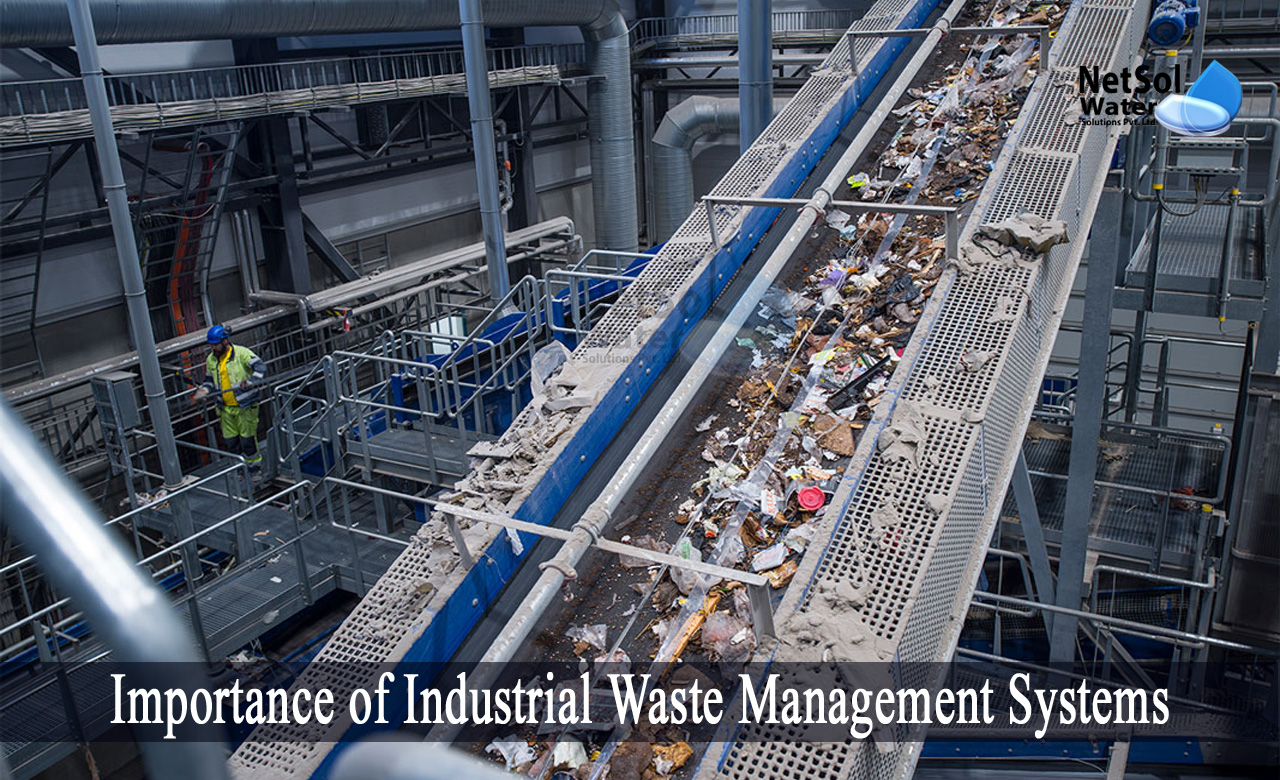Facts About Reclaim Waste Revealed
Table of ContentsThe Only Guide for Reclaim WasteGet This Report on Reclaim WasteNot known Details About Reclaim Waste The Ultimate Guide To Reclaim WasteThe Definitive Guide to Reclaim Waste
Explore the kinds, incidents, and forms of fluid waste. Residential sewage waste describes the waste and products from a residential septic tank. This sort of waste is created by human beings in homes, schools, and various other structures. This only includes septic storage tanks that have a drainpipe field. The correct management and disposal of domestic sewer waste require fluid waste to be moved to a sewer therapy plant where the correct techniques and devices are related to cleanse and throw away waste.
Industrial waste usually includes possible dangers, such as combustible materials or a combination of liquid and strong waste products, and requires an advanced and detailed disposal process. The disposal of industrial waste normally involves the purification of waste prior to transport to guarantee risk-free and correct disposal. Hazardous waste is developed from byproducts and overflow of commercial procedures and manufacturing.
This type of waste can not make use of the very same sewage monitoring transportation or processes as septic or commercial fluids. The hazardous waste management process calls for the evaluation and testing of liquid waste before it goes through the disposal procedure (liquid waste removal). Drainage waste is the fluid waste that originates from overflow and excess stormwater in very inhabited areas or cities
Overflow waste can trigger contamination and flooding if not handled correctly. Discover much more about sewer cleansing and waste monitoring. Making certain correct waste monitoring can stop calamities and lower ecological damage. Both people in residential setups and experts in commercial or manufacturing sectors can benefit from comprehending the processes and policies of fluid waste management.
The Single Strategy To Use For Reclaim Waste
Contact PROS Solutions today to learn more about our waste management and disposal solutions and the correct ways to look after the liquid waste you create.
Do you understand what happens to your water when you end, purge the toilet or drain pipes the cleaning device? No? Well, it deserves knowing. This supposed 'wastewater' is not only a vital source yet, after treatment, will be released to our land, rivers or the sea. Made use of water from bathrooms, showers, bathrooms, kitchen area sinks, washings and industrial processes is understood as wastewater.

water used to cool equipment or tidy plant and equipment). Stormwater, a form of wastewater, is drainage that flows from agricultural and metropolitan locations such as roofings, parks, yards, roadways, paths and rain gutters right into stormwater drains, after rainfall. Stormwater moves untreated straight to regional creeks or rivers, at some point getting to the ocean.
The smart Trick of Reclaim Waste That Nobody is Discussing
In Queensland, many wastewater is treated at sewage treatment plants. Wastewater is delivered from residential or commercial sites with a system of drains and pump stations, referred to as sewerage reticulation, to a sewage treatment plant. Neighborhood governments build, maintain and operate most sewage treatment plants. Operators are accredited under the Environmental Security Act 1994 to discharge treated wastewater at an acceptable environmental requirement into waterways.
The Division of Natural Resources encourages local governments concerning handling, operating and preserving sewerage systems and therapy plants. In unsewered locations, city governments may call for owners to set up individual or home sewage therapy systems to treat residential wastewater from bathrooms, kitchen areas, shower rooms and washings. The Division of Natural Resources authorises the usage of home systems when they are shown to be reliable.
A lot of stormwater obtains no therapy. In some new subdivisions, therapy of some stormwater to remove clutter, sand and gravel has actually begun making use of gross contaminant catches. Wastewater treatment takes place in four phases: Removes solid issue. Larger solids, such as plastics and other objects incorrectly discharged to Click This Link sewers, are removed when wastewater is gone through screens.
Uses small living microorganisms knows as micro-organisms to damage down and get rid of remaining liquified wastes and fine fragments. Micro-organisms and wastes are incorporated in the sludge.
The Reclaim Waste PDFs
Nutrient elimination is not available at all sewage treatment plants due to the fact that it needs costly specialised equipment. Clear fluid effluent produced after therapy may still consist of disease-causing micro-organisms - liquid waste disposal melbourne.

Many wastewater flows right into the sewerage system. Under the Act, neighborhood governments administer authorizations and permits for ecologically relevant tasks (Periods) including wastewater launches that may have a neighborhood effect.
Reclaim Waste Things To Know Before You Buy
Otherwise, samples are taken for lab evaluation. Commonly several tests are needed to develop the degrees of each of the various pollutants such as oils, heavy steels and chemicals in water. Surveillance offers factual details regarding water high quality and can confirm that licence problems are being satisfied. The information obtained with monitoring offers the basis for making water high quality choices.
Comments on “4 Simple Techniques For Reclaim Waste”